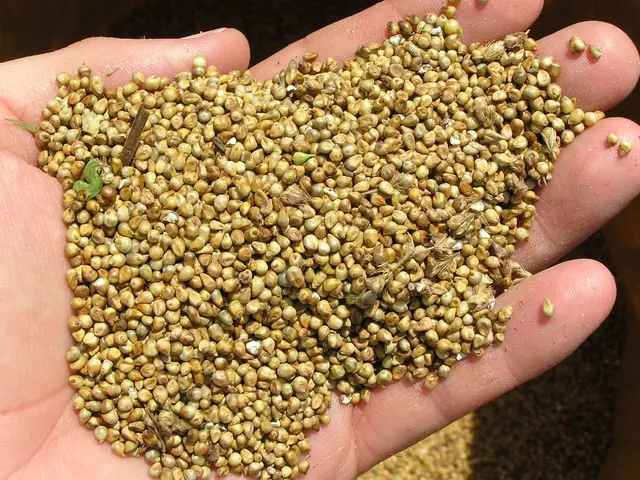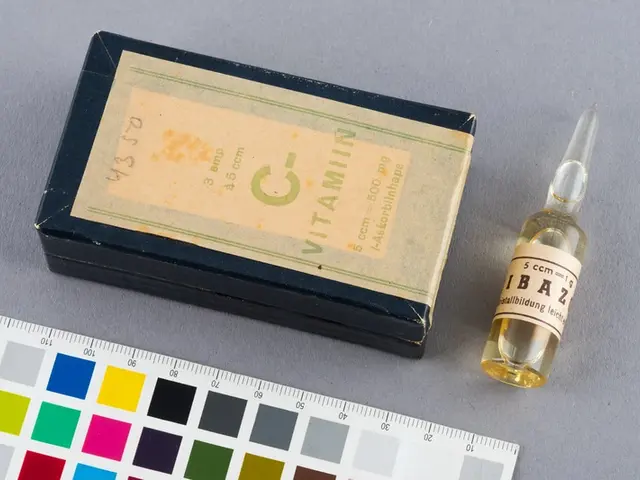Exploring Coffee Consumption: Potential Impact on Colon Cancer Risk Reduction
Recent research from the World Cancer Research Fund (WCRF) suggests a potential link between coffee consumption and a lower risk of colorectal and bowel cancer. A study published in the International Journal of Cancer found that consuming four cups of coffee daily was associated with a 32% lower risk of colorectal cancer recurrence in 1,719 participants with stages 1-3 of the disease.
The study proposes several mechanisms that contribute to this outcome, including reduced oxidative stress, aided gut bacteria, inhibited tumor growth, and protection against nonalcoholic fatty liver disease. However, the relationships may vary between caffeinated and decaffeinated coffee, as caffeinated coffee has been linked to a higher risk of rectal cancer but not colon cancer.
While the evidence is reassuring, the International Agency for Research on Cancer (IARC) reports no clear evidence linking coffee intake to cancer at any body site, including colorectal and bowel cancers. Some observational studies have suggested that coffee drinkers may have a lower risk of colorectal cancer development, but the evidence remains inconclusive.
For individuals diagnosed with colorectal cancer, a diet rich in whole grains, coffee, milk, and dietary calcium, combined with other healthy lifestyle choices, may improve survival outcomes. While the mechanisms behind this benefit are still being investigated, coffee has been included among recommended foods for colorectal cancer patients seeking improved outcomes.
To help prevent colorectal cancer, it's recommended to engage in physical activity, maintain a nutritious diet, avoid tobacco and alcohol use, and moderate coffee consumption. As always, individual tolerance to caffeine and specific health conditions should be considered.
- The lower risk of colorectal and bowel cancer, as suggested by the World Cancer Research Fund (WCRF), has been linked to coffee consumption, particularly consuming four cups daily.
- Some mechanisms proposed for this outcome include reduced oxidative stress, aided gut bacteria, inhibited tumor growth, and protection against nonalcoholic fatty liver disease.
- However, the relationships between coffee consumption and specific types of colorectal cancer, such as rectal cancer, may vary, with caffeinated coffee potentially linked to a higher risk of rectal cancer but not colon cancer.
- For individuals diagnosed with colorectal cancer, a diet rich in whole grains, coffee, milk, and dietary calcium, combined with other healthy lifestyle choices, may improve survival outcomes.
- To prevent colorectal cancer, it's recommended to engage in regular physical activity, maintain a nutritious diet, avoid tobacco and alcohol use, and moderate coffee consumption, considering individual tolerance to caffeine and specific health conditions.







